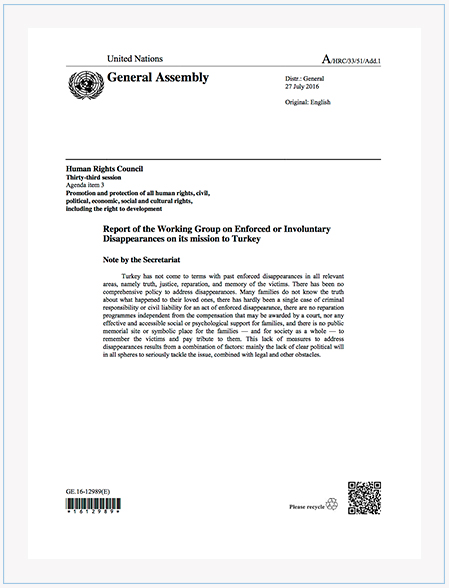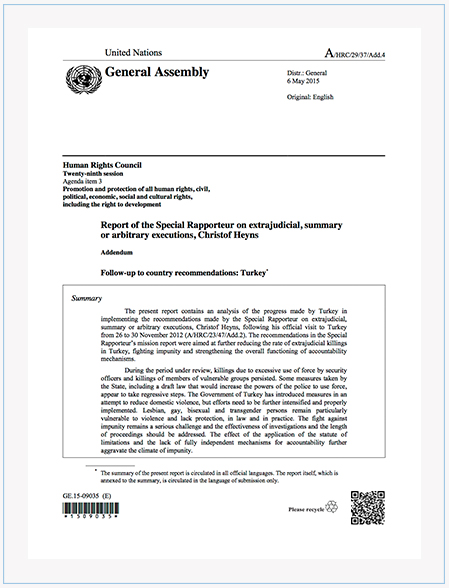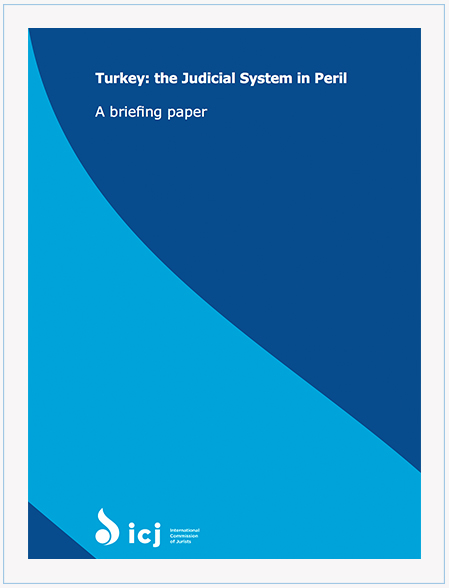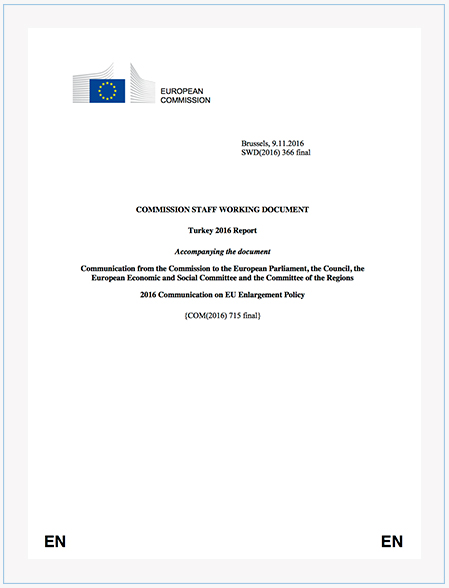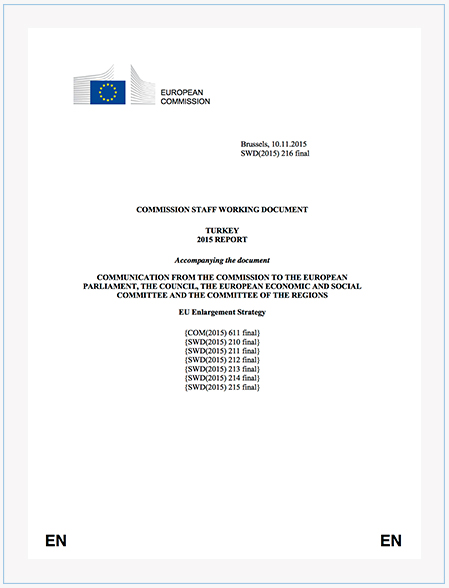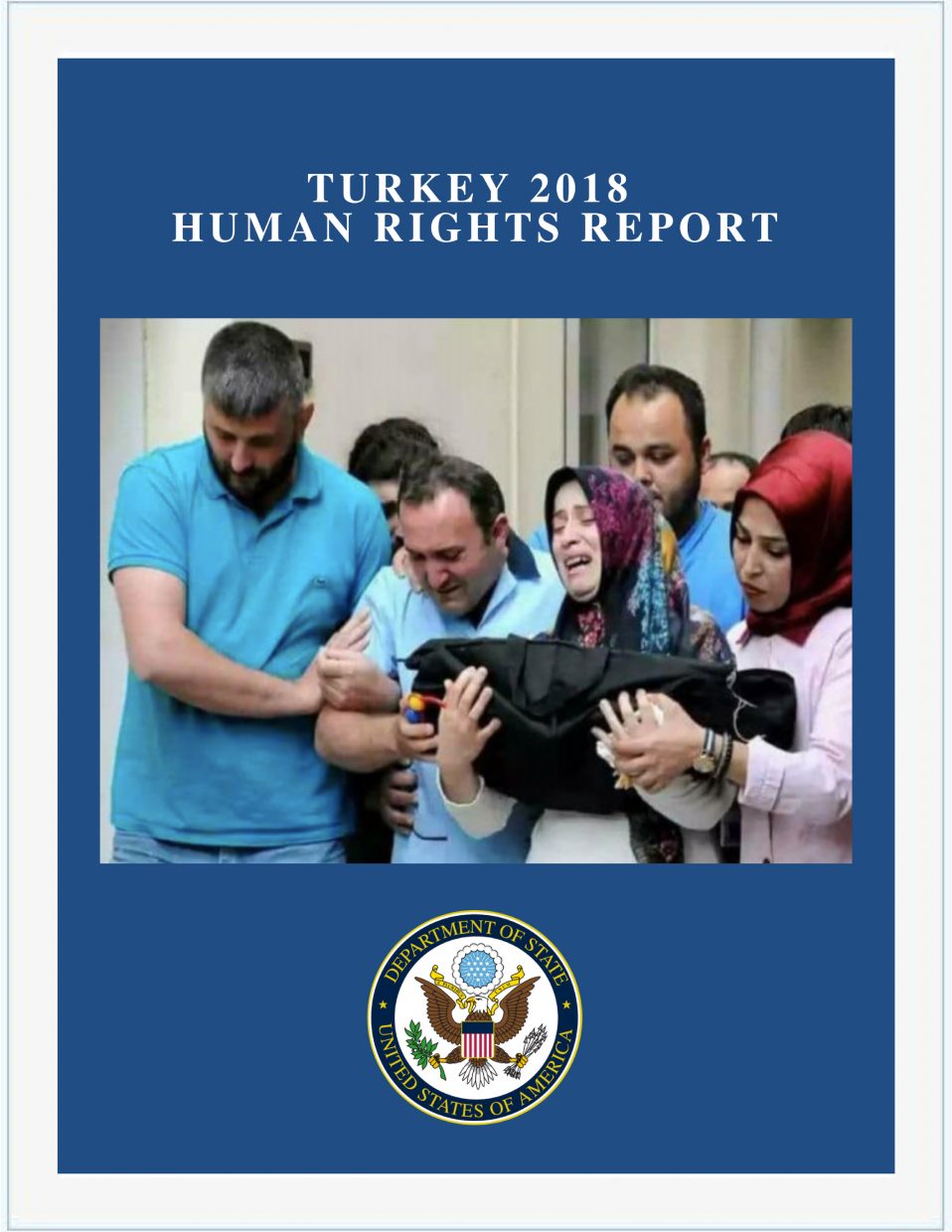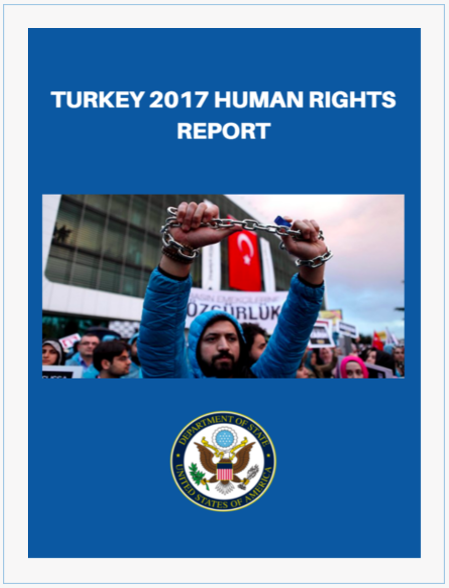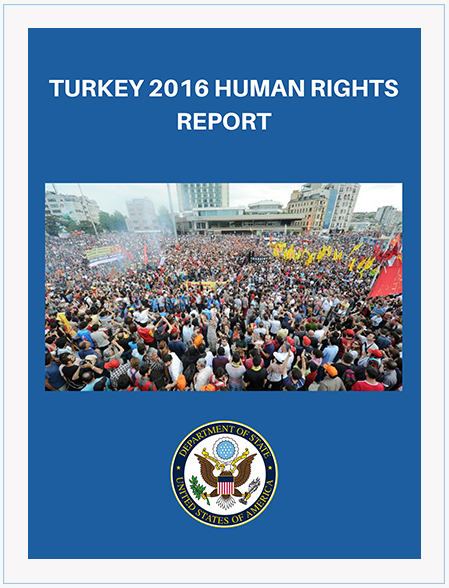Report of the Working Group on Enforced or Involuntary Disappearances on its mission to Turkey
July 2016 / (19 Pages)
Turkey has not come to terms with past-enforced disappearances in all relevant areas, namely truth, justice, reparation, and memory of the victims. There has been no comprehensive policy to address disappearances. Many families do not know the truth about what happened to their loved ones, there has hardly been a single case of criminal responsibility or civil liability for an act of enforced disappearance, there are no reparation programmes independent from the compensation that may be awarded by a court, nor any effective and accessible social or psychological support for families, and there is no public memorial site or symbolic place for the families — and for society as a whole — to remember the victims and pay tribute to them. This lack of measures to address disappearances results from a combination of factors: mainly the lack of clear political will in all spheres to seriously tackle the issue, combined with legal and other obstacles. Read More
Widget not in any sidebars

